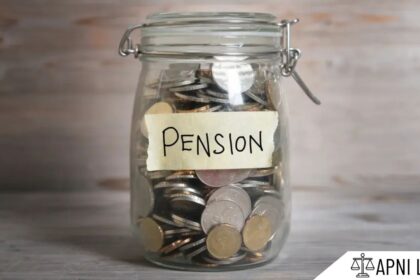Code
No person subject to 1[the Army Act, 2[the Army Act, 1950 (46 of 1950)], the Naval Discipline Act, 3[ 4*** 5[the Indian Navy (Discipline) Act, 1934 (34 of 1934)], 6[the Air Force Act or 7[the Air Force Act, 1950 (45 of 1950)]]], is subject to punishment under this Code Code for any of the offences defined in this Chapter.
Explanation
This section clarifies that even if an act is done in good faith for the benefit of a person who is incapable of giving consent due to:
- Unsoundness of mind
- Being under the age of 12 years
- Being under the age of 18 years and incapable of giving consent under the circumstances
The person performing the act can still be held criminally liable if the act itself constitutes an offense under the Indian Penal Code.
Illustration
Consider a situation where a guardian forcibly administers medication to a mentally ill person without their consent, believing it to be in their best interest. Even if the guardian’s intentions were good, if the act of administering medication without consent constitutes a crime under the Indian Penal Code, the guardian can be held liable.
Common Questions and Answers
Q: Can a person be exempted from criminal liability if they act in good faith for a minor’s benefit?
A: No, this section specifically states that even if the act is done for the benefit of a minor, the person can still be held liable if the act itself is an offense under the Indian Penal Code.
Q: Does this section apply only to individuals who are physically incapable of giving consent?
A: No, it also applies to individuals who are mentally incapable of giving consent due to unsoundness of mind.








